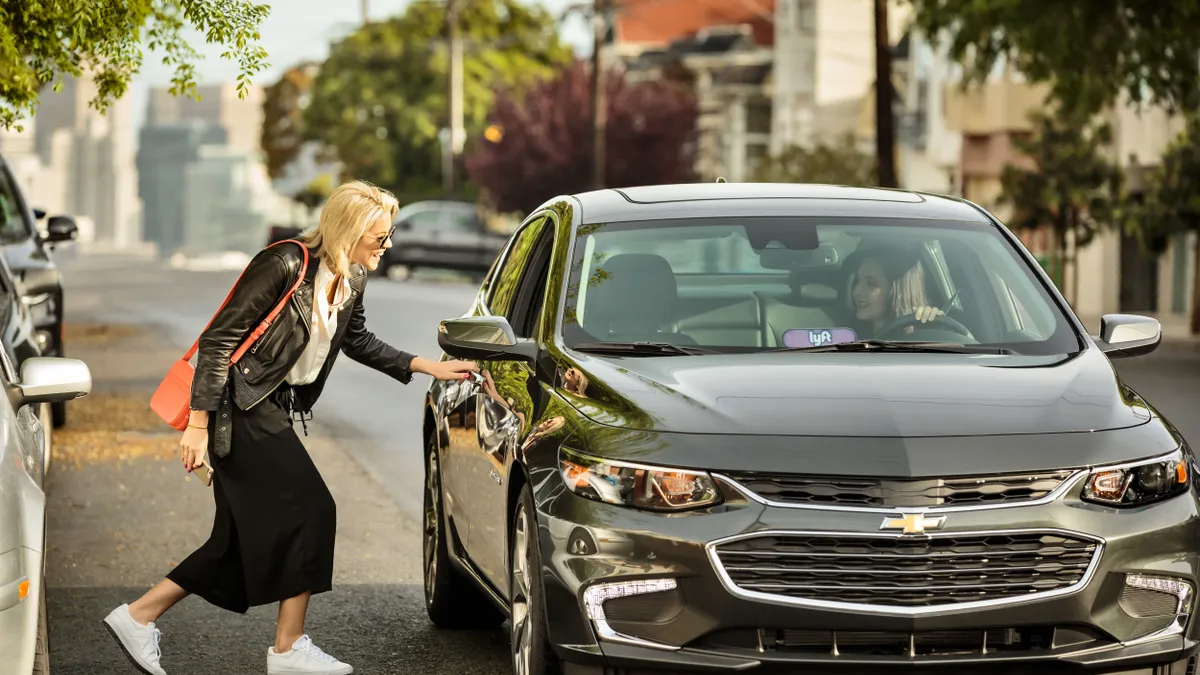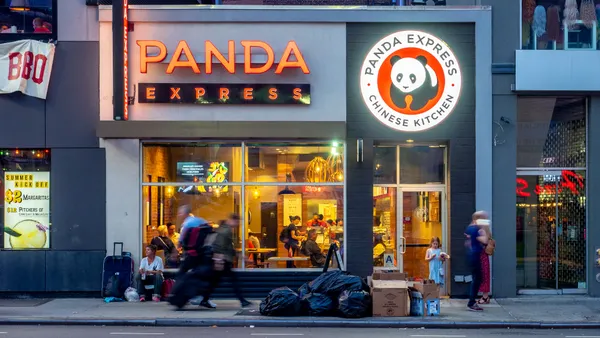UPDATED, Feb. 4, 2021: The California Supreme Court on Wednesday declined to hear a lawsuit that looked to overturn Proposition 22, suggesting instead that plaintiffs refile the case in a lower court.
In a statement released on behalf of the Yes on 22 coalition, which backed the ballot initiative’s passage in November, Jim Pyatt, a retiree from Modesto, CA who drives for Uber, said the group is “thankful, but not surprised,” at the decision.
“We’re hopeful this will send a strong signal to special interests to stop trying to undermine the will of voters who overwhelmingly stood with drivers to pass Proposition 22,” Pyatt said.
Hector Castellanos, a key plaintiff in the case, said he and his fellow petitioners are “disappointed,” but are “not deterred in our fight to win a livable wage and basic rights.”
“We will consider every option available to protect California workers from attempts by companies like Uber and Lyft to subvert our democracy and attack our rights in order to improve their bottom lines,” Castellanos said in a statement shared with The Hill and other outlets.
Dive Brief:
- A lawsuit filed Tuesday in the California Supreme Court looks to overturn the state’s Proposition 22, the November ballot measure that exempts app-based workers from the state's AB5 law.
- The suit, filed by the Service Employees International Union (SEIU), SEIU California, three ride-hailing drivers and a consumer, alleges Prop 22 violates the California Constitution as it takes away the state legislature's ability to maintain a workers' compensation system in the event of accidents. The suit also alleges Prop 22 interferes with the judiciary’s ability to determine what constitutes an amendment to a ballot measure and interferes with the legislature’s ability to legislate in areas not addressed by the measure.
- The plaintiffs said Prop 22 must be struck down in its entirety as "invalid and unenforceable." They also said the lawsuit is being filed first in the state Supreme Court rather than a lower court as it presents "pure legal issues of broad public importance that require speedy and final resolution."
Dive Insight:
Prop 22 passed in November with around 58% of the vote. At the time, experts said it could embolden ride-hailing companies like Uber and Lyft and food delivery companies to challenge any gig economy regulations that state and local governments look to enact. New York and Seattle, for instance, both have city-level regulations on ride-hailing, but more have promised action.
Spokespeople for Lyft and DoorDash — which helped fund the campaign in favor of Prop 22 — referred requests for comment to the Protect App-Based Drivers and Services coalition, known as the Yes on 22 coalition that worked to support passage and raised over $200 million for the campaign.
"Nearly 10 million California voters — including the vast majority of app-based drivers — passed Prop 22 to protect driver independence, while providing historic new protections," Jim Pyatt, a retiree from Modesto, CA who drives for Uber, said in a statement released by the coalition. "Voters across the political spectrum spoke loud and clear, passing Prop 22 in a landslide. Meritless lawsuits that seek to undermine the clear democratic will of the people do not stand up to scrutiny in the courts."
The lawsuit also suggests that voters were "grossly deceived" when they approved Prop 22 last year. The plaintiffs say voters were not told they were voting to prevent state lawmakers affording drivers collective bargaining rights, or that the legislature would be prevented from providing incentives beyond the wage and benefits offered by Prop 22. Attorneys for the plaintiffs could not be reached for further comment.
"If allowed to stand, the ploy will be repeated in other initiatives as an effective means to slip potentially unpopular provisions past the voters," the filing reads. App-based companies, however, said Prop 22's passage meant the "future of independent work is more secure," while DoorDash CEO Tony Xu said in a blog post that workers "will maintain the independence they value, working on their own schedule," and accessing new benefits.
The lawsuit also comes at a difficult moment legally for ride-hailing and other app-based companies as they fight to maintain independent contractor status for those that work for them. Last week, the New York Supreme Court, Appellate Division, Third Judicial Department upheld a decision by the state's Unemployment Insurance Appeal Board that found Uber had enough control over its drivers to qualify as their employer. Therefore, the board found Uber is liable for unemployment insurance contributions for drivers.
Meanwhile, the New York Taxi Workers Alliance (NYTWA) filed a motion in federal court looking to require the New York Department of Labor to stop delaying back payments of benefits and other employee protections to drivers. Copycats to Prop 22 have also been suggested in New York in the absence of federal regulation over the gig economy labor market, but nothing has come to fruition as of yet.













